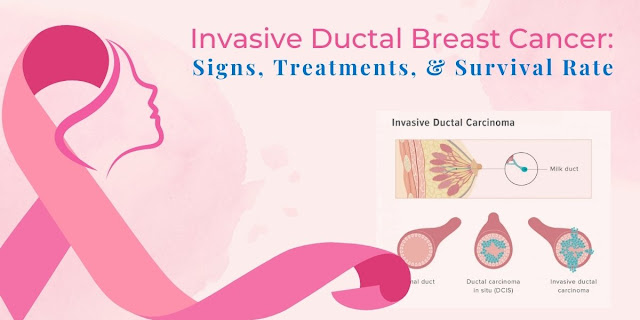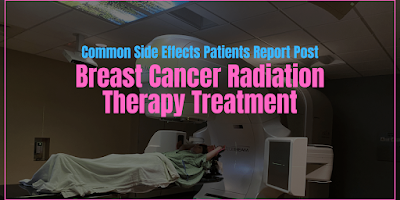Early Stage Prostate Cancer: Causes, Diagnosis, and Treatment
Early-stage prostate cancer is a common condition that affects men around the world. It is characterized by the presence of cancerous cells in the prostate gland, which is responsible for producing seminal fluid. The exact cause of prostate cancer is still unknown, but certain risk factors have been identified, such as age, family history, and ethnicity. The diagnosis of early-stage prostate cancer usually involves a combination of regular screening tests, including the prostate-specific antigen (PSA) blood test and a digital rectal exam (DRE).
Prostate Cancer Risk Factors
Age
Family History
Ethnicity
Obesity
All the factors mentioned above may raise the risk of cancer development. But, you should note that not every individual with risk factors will develop cancer. For the diagnosis of cancer, it is crucial to have regular screening and early detection.
Early Signs of Prostate Cancer
Urinary Changes
Blood in Urine or Semen
Erectile Dysfunction
Pelvic Discomfort
Unexplained Weight Loss
Bone Pain
Fatigue
Treatment of Early Stage Prostate Cancer
Hormone Therapy
Active Surveillance
Immunotherapy
Radiation Therapy
Surgery
Chemotherapy
The early-stage prostate cancer is the point where treatment is more effective. Due to immense advancement in the medical sector, there is an array of early-stage prostate cancer treatment options available. Your doctor may recommend radiation therapy, active surveillance, or hormone therapy for this cancer.
The prognosis of early-stage prostate cancer is often favorable, but early diagnosis and timely intervention are essential. Patients should work closely with the medical experts for a personalized treatment plan. They must also go through regular monitoring to ensure positive results. To learn more about early-stage prostate cancer, visit our website or the link provided below.
Source: Early stage prostate cancer



Comments
Post a Comment